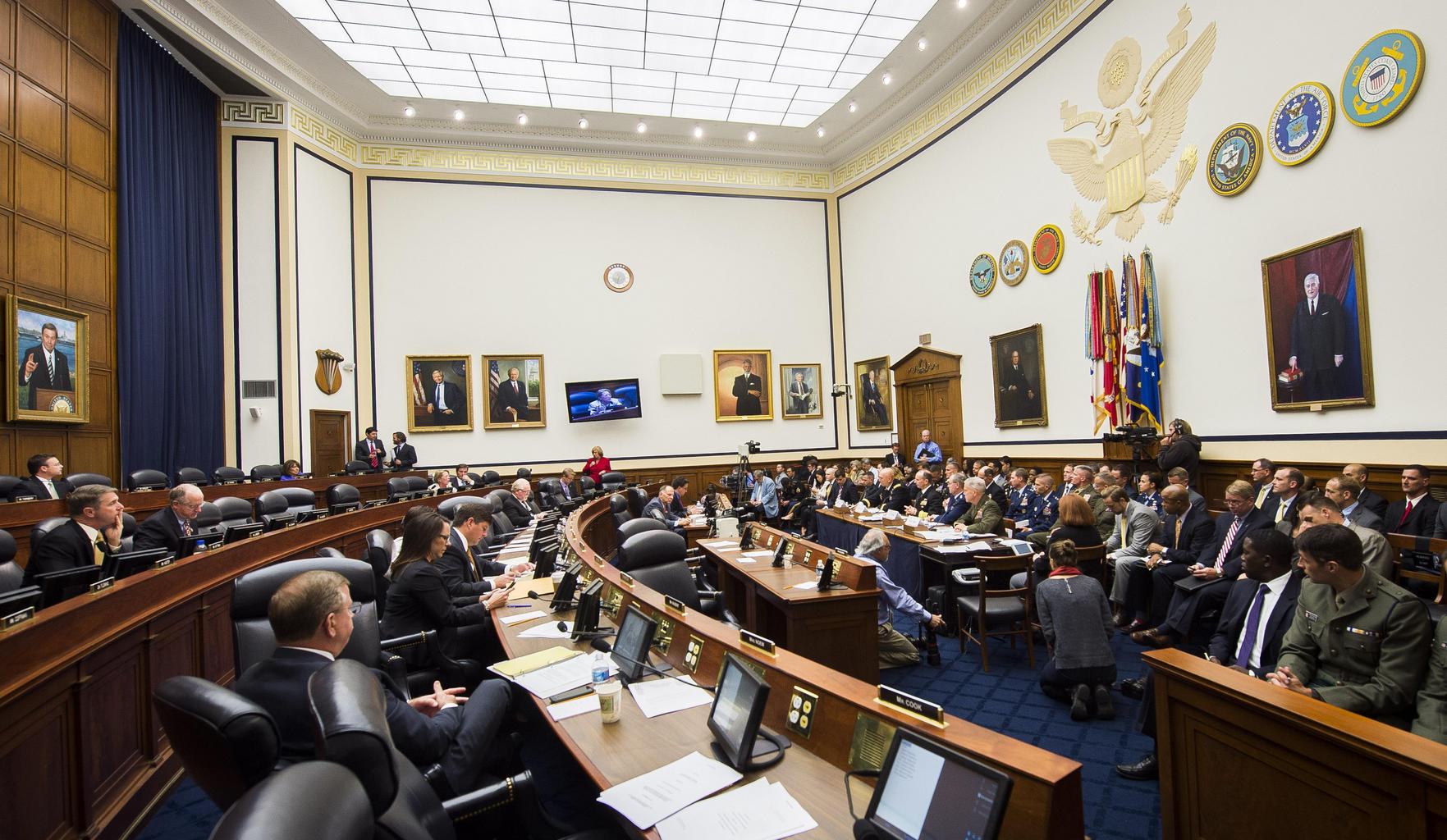Currently, it is still in "committee".
"BILL NUMBER: S3082
SPONSOR: SALAZAR TITLE OF BILL: An act to amend the real property law, in relation to prohibiting eviction without good cause PURPOSE: The purpose of this legislation is to prohibit the eviction of residen- tial tenants or the non-renewal of residential leases without good cause. SUMMARY OF PROVISIONS: Section one adds a new Article 6-A to the real property law titled Prohibition of Eviction Without Good Cause, with the following sections: SECTION 1: Section 210 of the new Article 6-A provides that the short
title of this article is the "Prohibition of eviction without good cause law". Section 211 provides definitions of the following terms used in the statute: "housing accommodation", "landlord", "tenant", "rent", and "disabled person". Section 212 states Article 6-A is applicable to all housing accommo- dations, except for owner-occupied premises with less than four units, premises sublet pursuant to RPL 226-b where the sublessor seeks in good faith to recover possession for his/her personal use and occupancy, premises incident to employment when such employment is being lawfully terminated, and premises otherwise subject to regulation of rent or evictions pursuant to state or federal law to the extent such state or federal law requires good cause for termination or non-renewal. Section 213 prohibits landlords from taking any action to evict, fail to renew a lease, or otherwise seek to remove a tenant from housing accom- modation except for "good cause", as defined in section 214. Section 214 (1) sets forth permissible grounds for the removal of tenants, including the failure to pay rent, the violation of a substan- tial obligation of the tenancy, committing or permitting a nuisance, permitting the premises to be used for an illegal purpose, or if, under certain conditions, the to be premises are to be personally occupied by the landlord or close relatives of the landlord as their primary resi- dence. A rent increase is presumed to be unreasonable and, therefore, not a basis for eviction, if it exceeds either 3% of the previous rental amount or 1.5% of the Consumer Price Index whichever is higher. Section 214 (2) creates a private right of action for tenants required to surrender housing accommodations if a landlord makes a fraudulent statement regarding a proposed use of the housing accommodation for personal or family use. 214 (3) provides that a tenant's rights pursuant to RPAPL 751 to stay the issuance or execution of a warrant of eviction remain in force, so long as the tenant complies with the procedural requirements of said law. A new section 215 preserves existing requirements of law relating to eviction proceedings. Section 216 provides that any waiver of the rights provided by this Article is void. Section 2 is a severability provision. Section 3 provides that this Act will take effect immediately. EXISTING LAW: This bill adds a new Article to the real property law. JUSTIFICATION: In light of the COVID-19 pandemic, a series of legislative and executive actions during 2020 - including Governor Cuomo's executive orders, the "Safe Harbor Act" (S 8192-B / A 10290-B, Chap. 127 of the Laws of 2020), and the "Emergency Eviction and Foreclosure Prevention Act" (S 9114 / A 11181, Chap. 381 of the Laws of 2020) - implementing partial and tempo- rary moratoria on evictions during the emergency pandemic have provided a basic level of protection for many tenants during this time. In a normal year, housing courts would receive an average of 39,000 filings in this time-frame. However, it is projected that millions of New York- ers will be at risk of eviction, due to unemployment or other impacts of the COVID-19 pandemic when the current protections expire. However, the risk many New Yorkers face of losing their homes existed prior to COVID-19 and will continue after the pandemic is over. Even prior to the pandemic, data from 2019 shows that 92,000 individuals in New York State were homeless and 100 families on average were evicted every day. Many residential tenants from across New York State have been evicted for unjustifiable reasons. Residential tenants, constituting the biggest constituency in the state, lack basic rights to renew an expir- ing lease and to not be priced out of their homes. National data show that the number of households experiencing housing instability (i.e. being threatened with eviction or being evicted, filing eviction paperwork in court, becoming homeless) was significant at an average of 5 million people per year. And, in addition, these individuals and families go on to experience long-term and severe defi- cits to their financial security, education, health and well-being. For instance, landlords often do not rent to individuals with past eviction records or with debt owed to previous landlords. As a result, displaced families have few options besides poor living conditions that often have minimal access to transportation or work which results in intergenera- tional trauma and poverty. Landlords across the state displace tenants in order to gain higher profits. The de facto evictions happen, among other ways, via non-rene- wal of their leases. These non-renewals displace individuals and fami- lies in order for owners to rent out their units to higher income tenants. This bill will prohibit landlords from evicting tenants without there being a good cause (which is defined in Section 214). SOCIAL JUSTICE IMPACT: This bill would set a precedent of placing the lives, health, safety, and well-being of tenants first, and before the profits of landlords. This legislation would limit cases of homelessness as a result of eviction and help to ensure that the human right to hous- ing is given meaning in New York State."








No comments:
Post a Comment
Note: Only a member of this blog may post a comment.